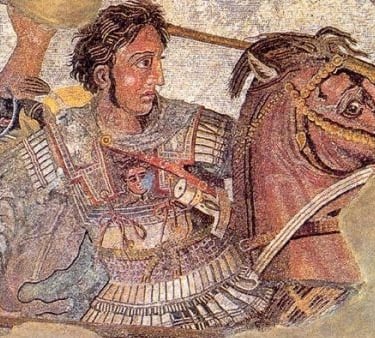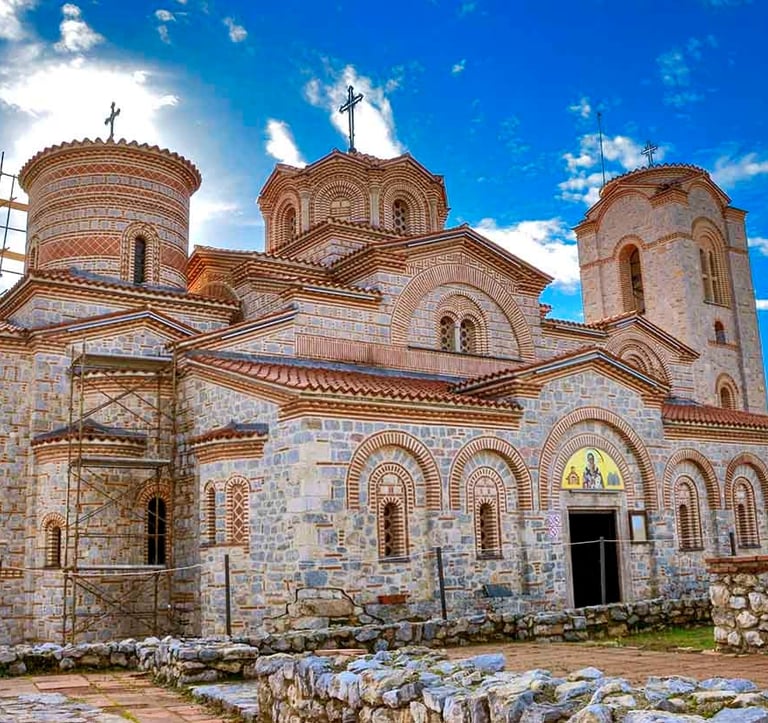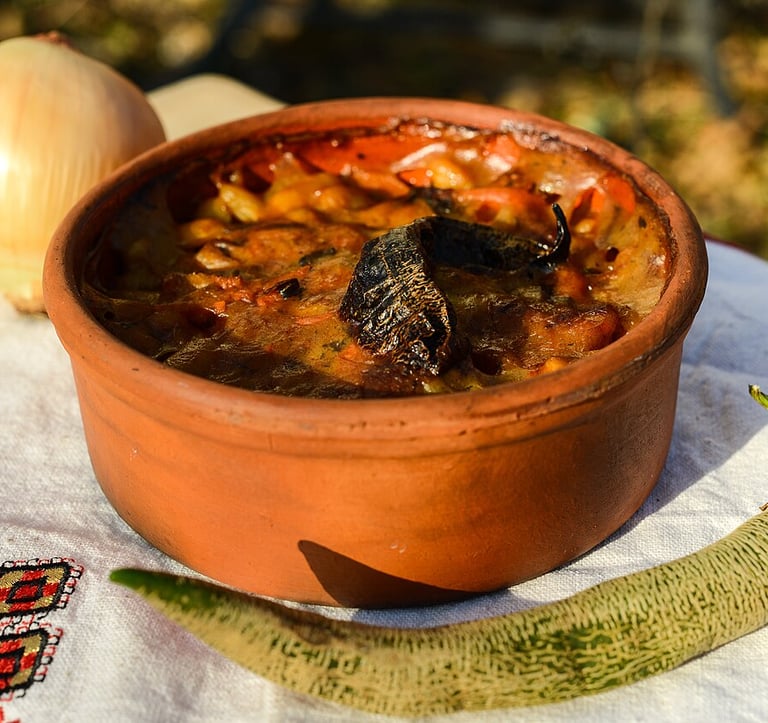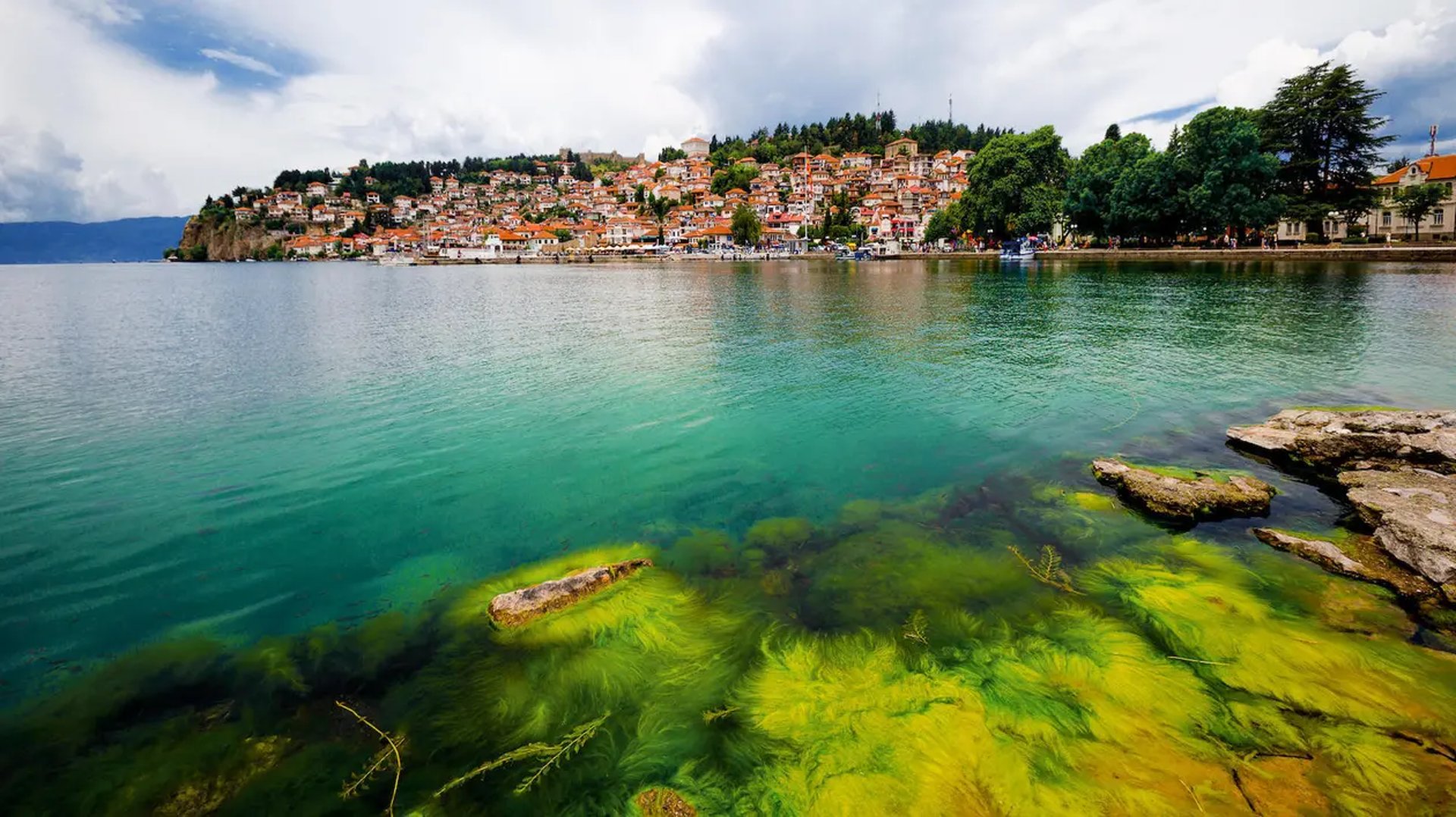
MAcedonia
Welcome to
"Macedonia: Where the Gospel First Reached Europe"
Macedonia holds a special place in the Apostle Paul’s missionary journey—the first time the gospel entered Europe. After receiving a vision of a Macedonian man calling for help (Acts 16:9–10), Paul set out immediately, arriving in Philippi.
There, he met Lydia, whose heart God opened to receive the message (Acts 16:14–15), and later, even in prison, Paul and Silas worshipped—leading to an earthquake and the salvation of a jailer and his family (Acts 16:25–26).
Despite hardship, the churches in Macedonia were known for their joy and generosity (2 Corinthians 8:2) and held a special place in the Apostle Paul’s heart, especially the Philippians, whom he thanked for their faithful partnership in the gospel (Philippians 1:3–5).
Today, Macedonia isn’t just rich in scenery—it’s a land that echoes the faith, courage, and obedience of Apostle Paul’s journey.


RICH HISTORY
Throughout the centuries, Macedonia has stood at the crossroads of empires, shaping and reshaping its identity through layers of conquest and culture. In ancient times, it was home to the Kingdom of Macedon, famously ruled by Alexander the Great in the 4th century BC, whose empire stretched from Macedonia to India (see Plutarch, Life of Alexander).
Following its integration into the Roman Empire in the 2nd century BC, Macedonia became a key Roman province. After the fall of Rome, it transitioned into the Byzantine Empire (Eastern Roman Empire), experiencing a rich period of Orthodox Christian influence and Slavic settlement.


Throughout the centuries, Macedonia has experienced the rise and fall of various empires, including the Roman and Byzantine Empires, and later came under Ottoman rule for nearly five centuries. The 20th century was pivotal, with the Balkan Wars and the division of the region before World War I.
Finally, in the early 1990s, Macedonia declared independence from Yugoslavia, leading to a struggle for identity and recognition that continues to shape its political and cultural landscape today.


EXOTIC FOOD
Macedonian cuisine is a vibrant tapestry of flavors and traditions, deeply rooted in the country's rich history and cultural diversity. Characterized by fresh, locally-sourced ingredients, the culinary landscape features hearty dishes that reflect both Mediterranean and Balkan influences. Staples such as ajvar, a roasted red pepper spread, and sarma, cabbage rolls stuffed with minced meat and rice, are emblematic of Macedonia's flavors.
Additionally, the use of aromatic herbs and spices enhances the taste of grilled meats and stews, making meals a delightful experience. Seasonal vegetables play a significant role, often found in salads like shopska, which combines tomatoes, cucumbers, onions, peppers and feta cheese. The warmth of Macedonian hospitality is embodied in their dining customs, where food is not only sustenance but also a way to bring people together, making every meal a celebration of culture and community.



